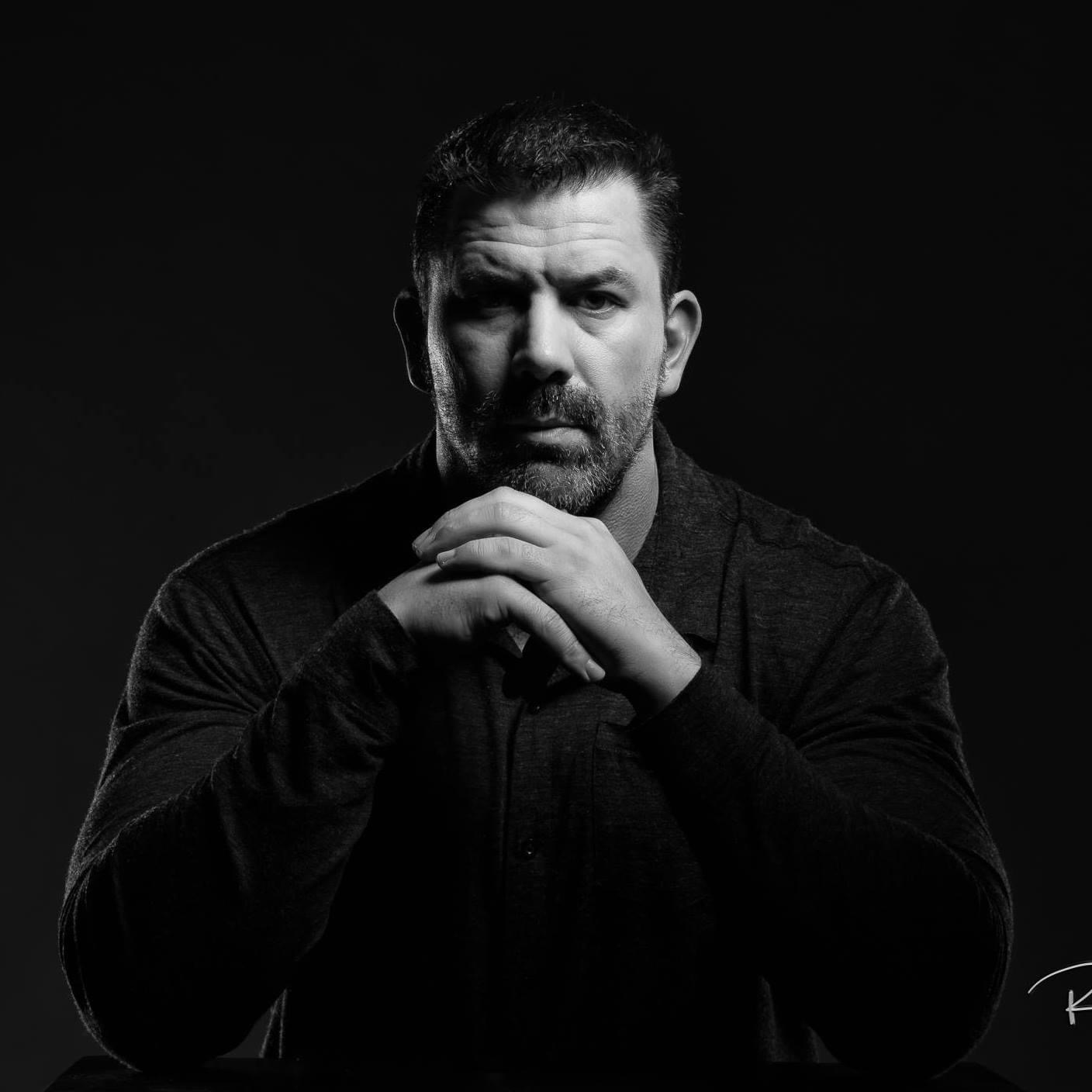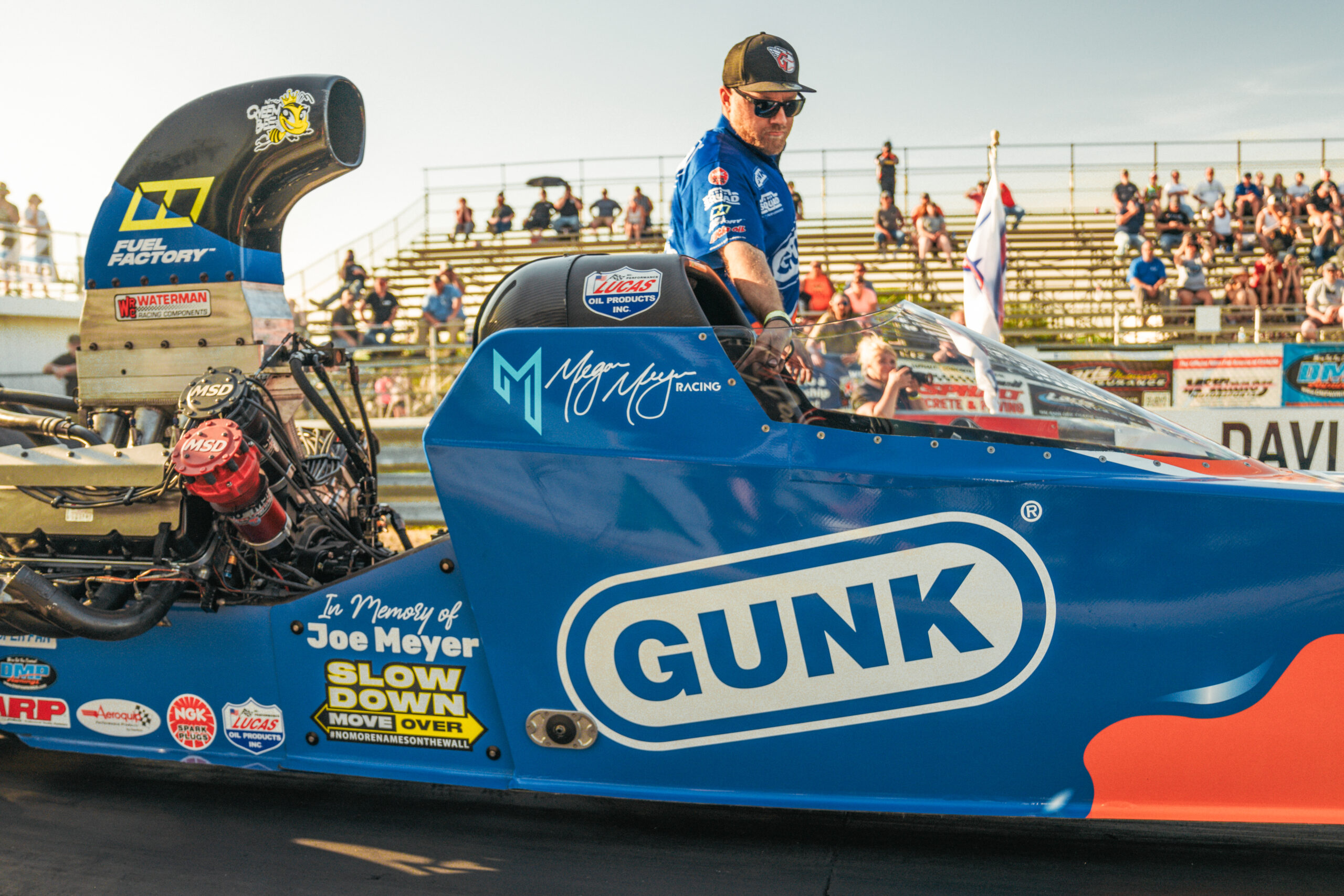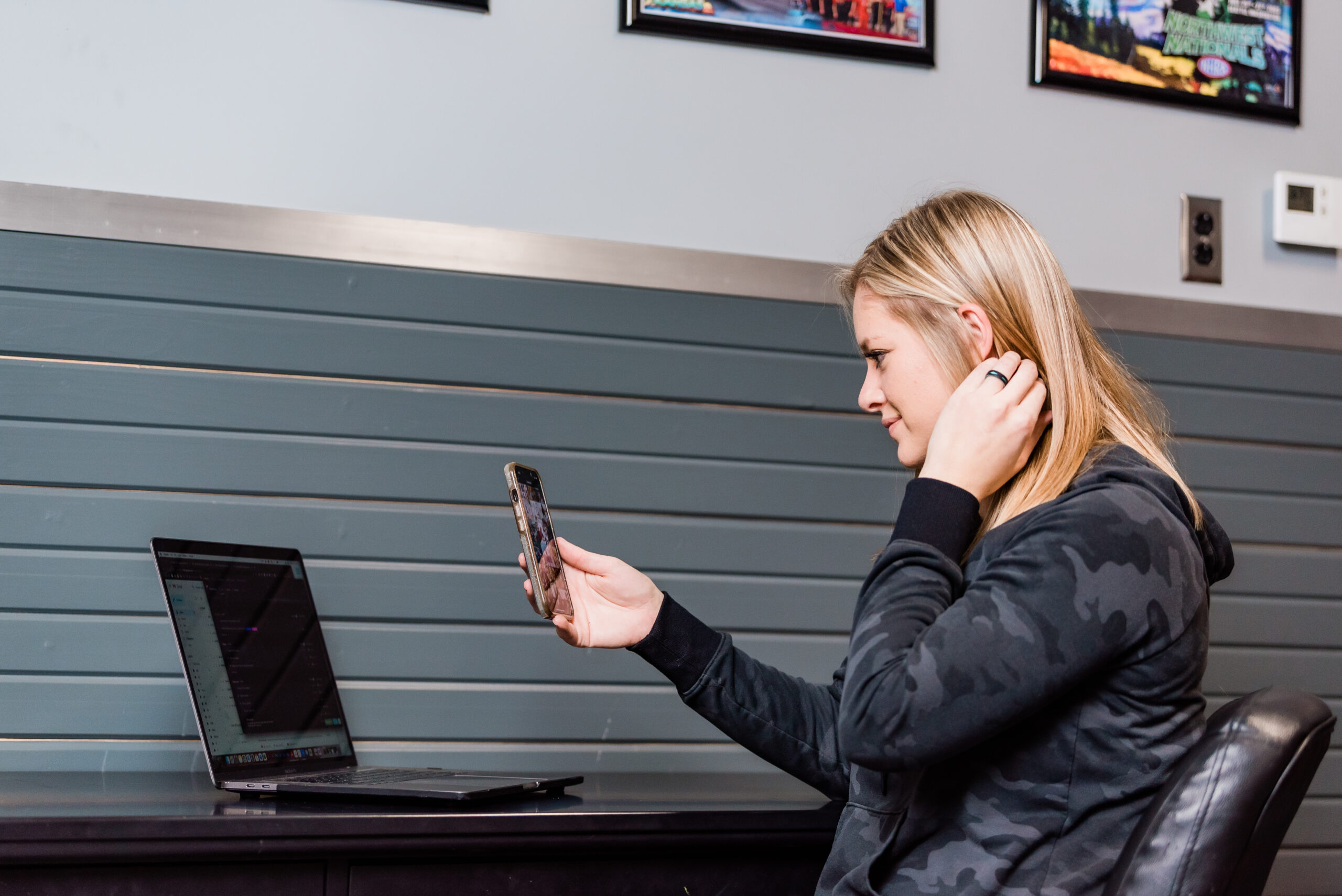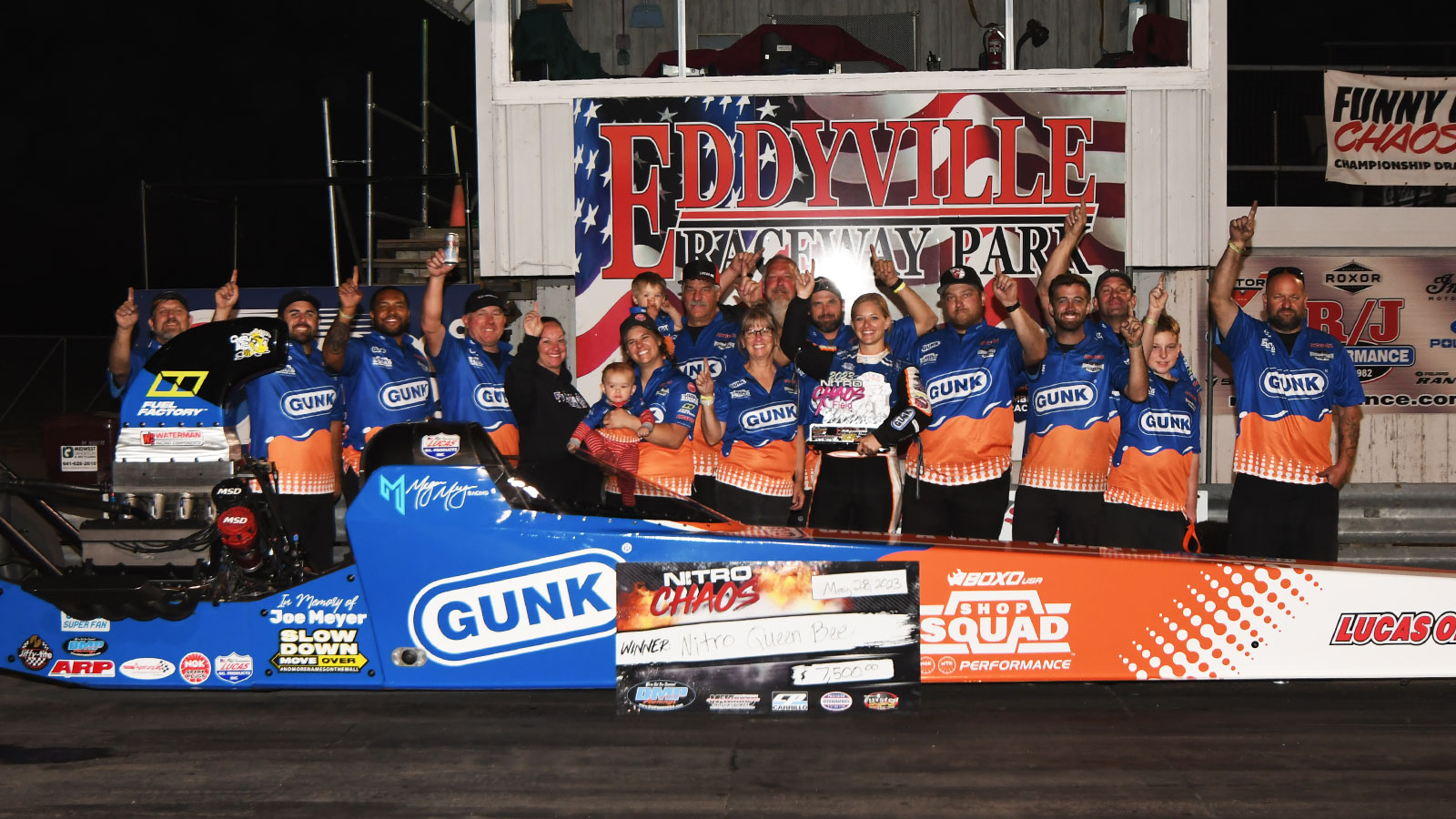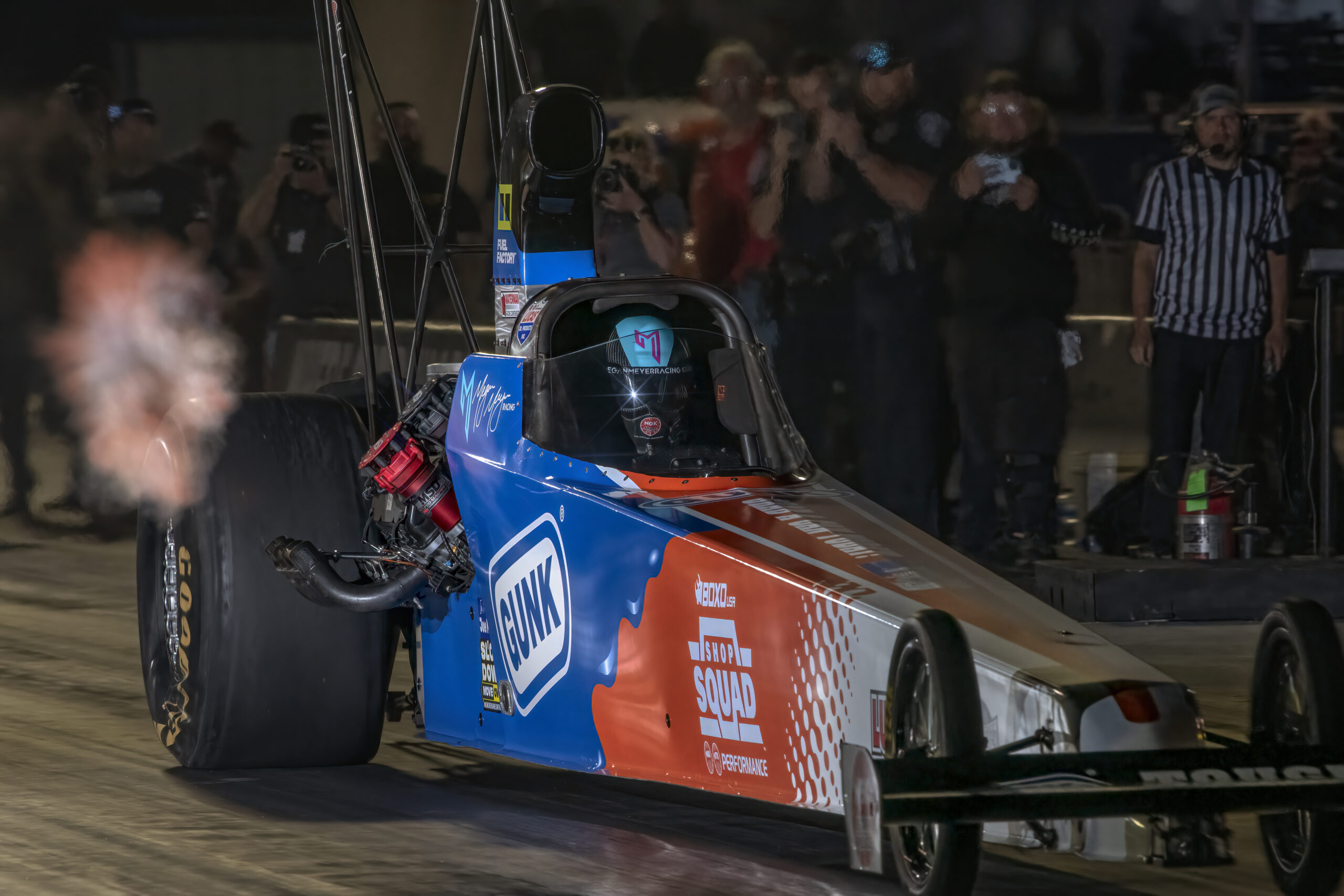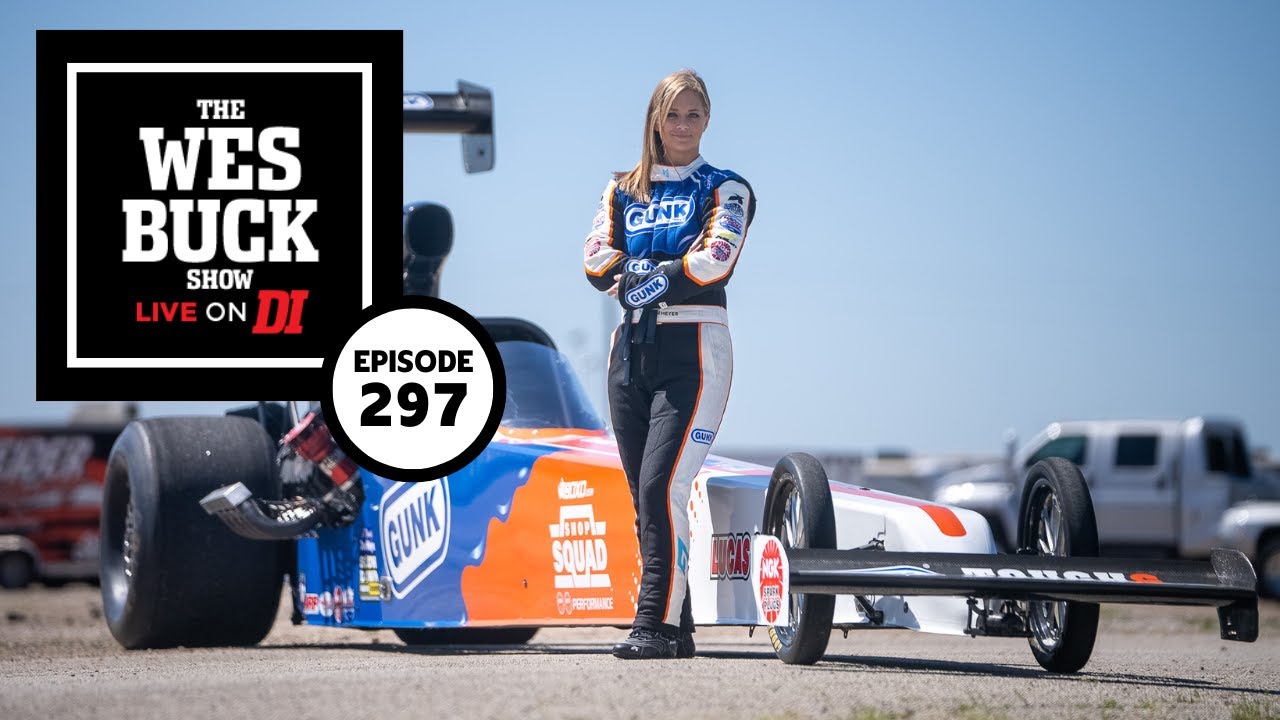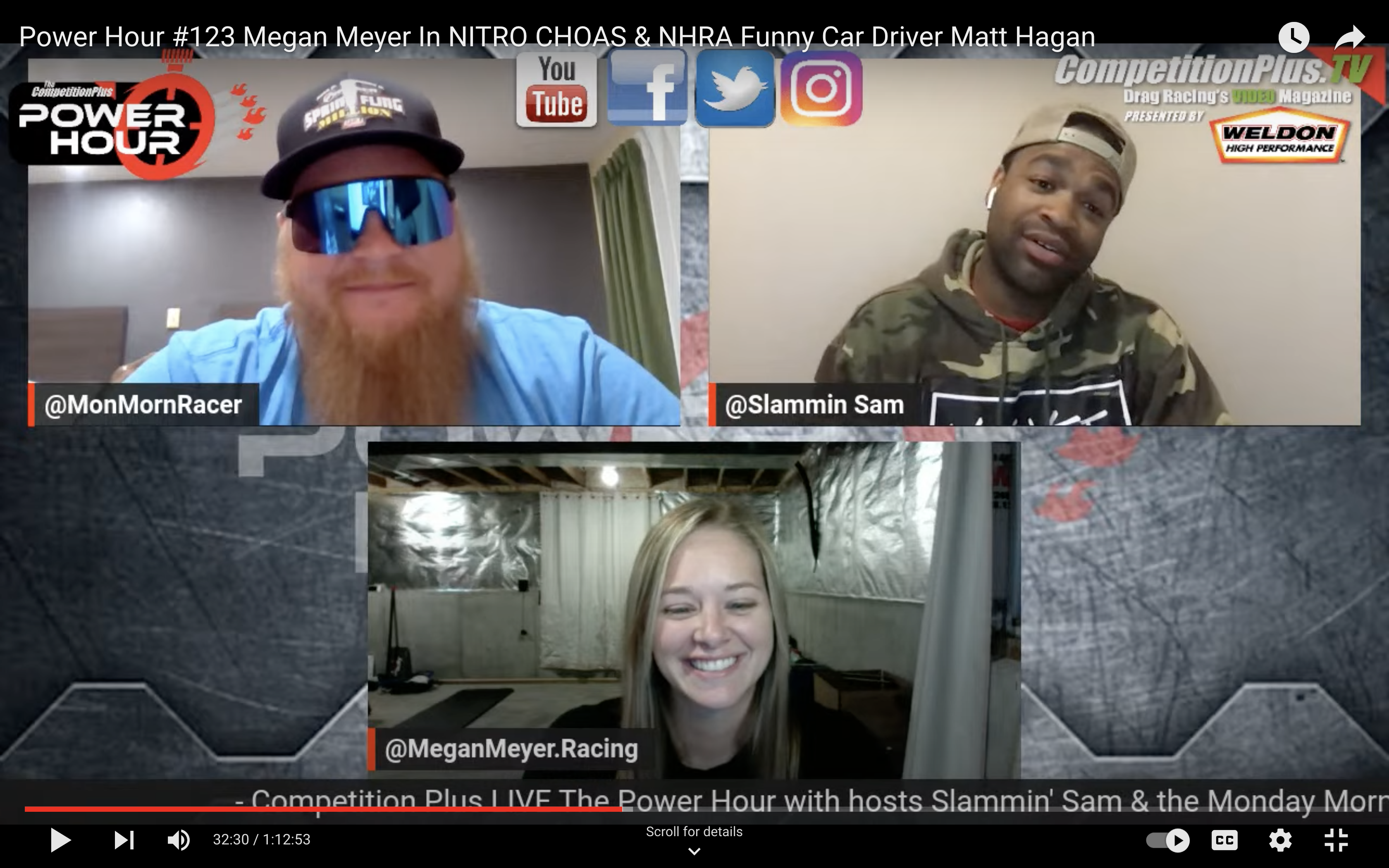In this interview, Rick and I discuss all things related to your track photographer: What to look for in their skillset, how to work with the media, and so much more including how a photograph can start working with a race team.
To read the first part of this interview with Rick, click here.
MM: So for the photographers that are just hobbyists or a spectator in the stands, and they really want to get into racing photography, work in media, or with a team exclusively as their photographer, how can someone get started with that?
Rick: Really there are four things a photographer has to be good at for you to hire them. First is driver portraits, they need to know about light and angles to make you look your best, it’s my job to make you look like a rockstar.
They also need to be able to do candid shots. That’s about timing and using the right lens, being in the right place, what levels do I want to shoot at, what’s my distance from you, stuff like that.
Next, I need to be good at action shots, which is a totally different kind of photography. I don’t know that many people who are excellent at both portraits and action shots, because they’re totally different kinds of photography. Like if I’m a French chef, I’m not going to be excellent at Mexican cooking. I’ll be ok, because cooking is cooking, but I won’t be an expert at both.
The last thing is hero card shots, being able to pose both the person and the car. It’s very difficult to light both a person and their car.
So if you’re a racer, the kind of person that you want to hire is competent and has experience in all four of those areas. Absolutely look at their work on social media and their website, you want to see references and who they’ve worked with before, how consistent the work is, and what’s their character as a person. You probably don’t want someone who is always arguing or shady or has a bunch of lawsuits. You’re probably not going to have a great relationship with them.
That’s from the racer’s point of view. Now from the photographer’s point of view, obviously get the shots, be well-rounded, be personable. This is personal, but I hate when photographers interrupt racers while they’re preparing. I find it so disrespectful. It’s like if you’re getting ready to run in a half-hour and I’m like, “Let’s get a portrait!” You’re probably not in the mood, it’s really not a good time.
So being aware of your surroundings, being respectful, having good relationships, communicating clearly, under promising and over delivering, making sure you have a contract and telling the racer upfront and clearly and putting it in a release so you all have peace of mind.
That’s really what I look for both as a racer and a photographer.
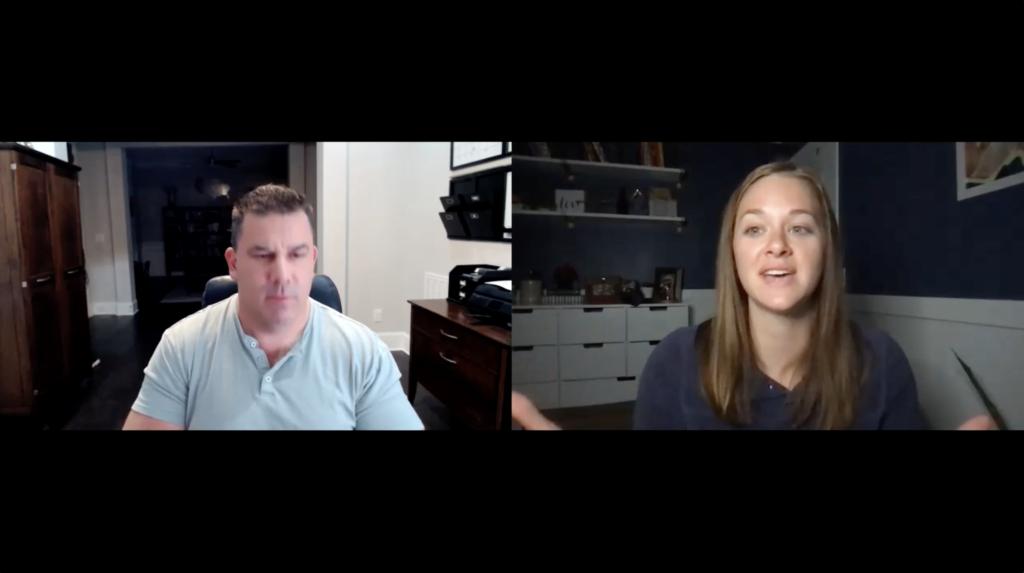
MM: So with everything you’ve said, is this only for photos or would videography also be included?
Rick: Videography is just another form of photography, really. Same rules and restrictions apply as we’ve talked about. And again it varies by organization.
MM: Thanks for that. Is there anything else you feel we need to touch on?
Rick: I’d just reiterate that if a racer is looking for someone who can do something for them, look at their reference, look at their work, decide what kind of photography you want. That’s important, I see people do this all the time: they’ll hire someone who does action photography but hire them for portraits. Totally different skill sets. Even if you have a track photographer that does action shots, don’t be married to them for portrait shots or any of those other images you need.
So I encourage all the racers to really interview your photographer. Tell them what you want, what you’re looking for, here are some racer photography I really like, here are some hero cards I like. Ask yourself the question: how do I want to be portrayed?
My first portrait shots I did for racers, we pulled up multiple portrait shots of other racers, we really looked at what it was that we were trying to capture. For the female drag racers I photograph, you want to look badass and strong and beautiful, you want the whole thing—and that’s just a different kind of photography. And it’s all about lighting and angles and composition, and it all factors together into a killer image.
In your marketing, companies are going to ask if you represent the brand that they’re trying to sell. Does this person meet the criteria that we’re looking for? Lots of racers don’t really understand what sponsors are looking for. How you conduct yourself on social media and how you present yourself in writing or photos, that’s going to make you more or less appealing to sponsors and their brand needs. You’re representing their brand, so how you act and how you present yourself and brand consistency is really important. The company wants to know if that photographer got just one cool shot or if they can consistently get that look.
You can kind of walk around the pit at any race and see who’s got their stuff together. It’s not necessarily the most popular person. Grab any hero card and you can know in two seconds if this was professionally done.
MM: Yeah, you can tell if they got the image off of Facebook or if they actually went to the photographer for the image.
Rick: Totally, you’re much better off contacting the photographer and asking how you can use the image and working together on that. If I’m an amateur photographer, I’m probably giving it to them and feeling really excited about it. Now, if I’m a professional, I’ll still probably say sure, and we’ll work something out and figure out licensing and all that.
As a racer, have a conversation with the photographer. Do not take the image from social media—you could be breaking the law. The photographer community is close, so if you take an image from a photographer without asking or from social media, they’re all going to know about it. You definitely don’t want to be known as the racer who steals images, especially if you’re up and coming. It’s just not professional. And then the media won’t want to shoot you, either. You want all the coverage you can get as a racer.
MM: Racers do not want to burn that bridge with a photographer; I teach in my courses you want the media to become your friend. They’ll get you into the press more and get better shots of you because they’re your friend. Just make a partnership or a friendship, an agreement with them. That’s one of the things that really helped me become successful. I got a lot of great images that I bought from photographers, and it helped my sponsorship decks and proposals, and hero cards and merchandise and things like that, and it stood out from the crowd because of how good the quality was.
Rick: You touched on something really important. We all use each other—and not in a bad way, but a rising tide lifts all boats. So if you’re approachable to the media, I want to talk to you! I want to know you. Don’t think for a second I won’t take extra time to shoot for those racers that are more accommodating. Yes, we’re media so we’re “non-biased” but I’m human, too and there are people that I work with a little bit more.
I would say that even if you’re approached and you’re really not in the mood, just be polite. That track photographer relationship is so important. I’m lucky enough to work with Drag Illustrated and so people tend to be really nice to me, likely because they know that I work for DI, but as a photographer, I try to be really approachable because I’m looking for that opportunity to build that relationship.
For racers, befriend people in media. Go say hi! Be patient, be honest, be upfront, be approachable. Build that relationship and be approachable even when you don’t want to be.
And on the flip side for photographers, be respectful, look for timing, don’t go in the pit in between rounds, don’t be pushy, be sensitive to the area and the people you’re photographing. It’s about shining a light on them, not on you as the photographer.
MM: Yeah, do that and they’ll want to keep hiring you! Like I was saying before, it’s so tough what you do, so much respect to you and all the other photographers out there!
